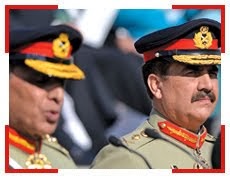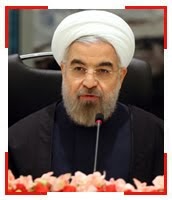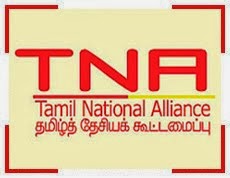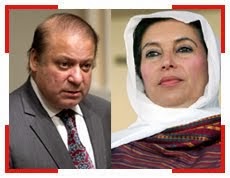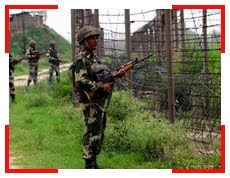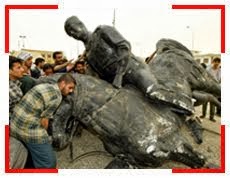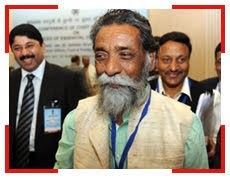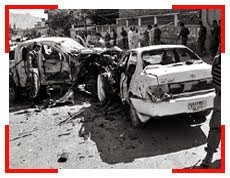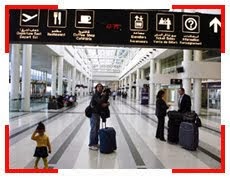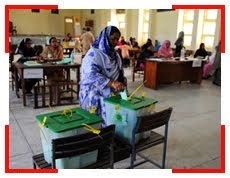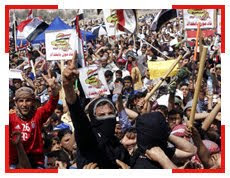The Obama administration plans to keep 6,000 to 9,000 troops there despite requests from military commanders for a larger presence.
Follow up:
By David S. Cloud,
December 11, 2012, 6:50 p.m.
WASHINGTON — The Obama administration plans on keeping 6,000 to 9,000 U.S. troops in Afghanistan after 2014, fewer than previously reported, and will confine most of them to fortified garrisons near the capital, leaving Afghan troops largely without American advisors in the field to fight a still-powerful insurgency, U.S. officials said.
Although it is not final, contours of the plan have become increasingly clear in the weeks since President Obama’s reelection. Officials close to the discussions say the final U.S. presence will be substantially smaller than the 15,000 troops senior commanders have sought to keepafter most of the 68,000 remaining American troops leave in the next two years.
The massive bases that the Pentagon built in Kandahar and Helmand, two southern provinces where the Taliban is strongest, probably will be turned over to Afghan control, the officials said. So will a string of U.S. combat posts near the eastern city of Jalalabad, a key staging ground for military operations along the Pakistani border.
The U.S. forces that stay behind are likely to operate mainly from Bagram air base, the sprawling installation 25 miles north of Kabul, and a few other bases near the capital. They and a smaller contingent of foreign coalition troops will mostly do small-scale training of Afghan army and police units, said the officials, who described internal discussions on condition of anonymity.
Bagram will become the hub for U.S. special operations teams charged with tracking and killing members of Al Qaeda and other terrorist groups, the chief American military mission after the drawdown. Bagram also will be the main air base for U.S. drones and other combat aircraft in Afghanistan, the officials said.
In most of the country, Afghan troops and security forces will be left to fight on their own against the Taliban and its allies, as has been expected. The U.S. officials left open the possibility that U.S. forces still could send warplanes or other assistance to Afghan troops in emergency situations.
The plan already has sparked internal criticism at the Pentagon, where some commanders say more U.S. troops are needed.
“This will significantly limit what can be accomplished,” one official said. He contended that the proposed U.S. force is enough only to provide limited training of Afghans and to protect the U.S. Embassy complex and the presidential palace, both in downtown Kabul, in the event of a major insurgent attack.
But cutting the number of U.S. troops in Afghanistan is likely to win the support of President Hamid Karzai, who wants to sharply shrink the foreign troop presence in his country.
“One of the things that Obama and Karzai have always agreed on is the need for a reduced force presence,” a U.S. official said. “I could see them both wanting zero, but at the end of the day I don’t think that will happen.”
U.S. military commanders argue that a sizable military presence is needed in the south and east, where the insurgency remains the strongest, and to provide enough forces to protect American diplomats and aid workers outside Kabul.
The State Department operates a consulate in the western city of Herat and is considering options for keeping a permanent diplomatic presence in Kandahar, Jalalabad and Mazar-i-Sharif. Those sites now may be considered too dangerous.
Commanders also say a U.S. decision to slash troop levels will make it more difficult to persuade fiscally strapped allies in Europe to contribute more than a token number of troops.
U.S. officials were once hopeful that allies would contribute 5,000 troops to the post-2014 force, but several officials said reaching that goal is probably impossible if the U.S. contingent is cut to 6,000.
The Pentagon is making plans to supplement the troops with civilian contractors, who could deliver supplies and assist the Afghans with equipment maintenance and other support missions, in which they are likely to remain weak for years.
Gen. John R. Allen, the top commander in Afghanistan, favors keeping most of the 68,000 U.S. troops through next summer to give Afghan forces as much help as possible before they take responsibility for battling the insurgency at the end of 2014. American units now deploying to Afghanistan serve almost exclusively as trainers and advisors, and are not leading in combat.
As many as eight newly designed units, called security force assistance brigades, will replace an equal number of U.S. Army brigade combat teams in Afghanistan by spring. Instead of the 3,500 to 4,000 soldiers in a normal brigade, they will be deployed in some instances with only 1,200 troops.
Despite tens of billions of dollars in aid, Afghanistan’s huge security deficiencies after 11 years of war are evident from a Pentagon report released Monday that showed only one of the Afghan army’s 23 brigades can operate independently without U.S. or allied air support and other assistance.
A senior Defense Department official who briefed reporters on the report acknowledged that the Afghan army and police could face enormous difficulties after most U.S. troops leave. More than 2,500 insurgent attacks were recorded every month from April to September this year, well above violence levels when Obama first took office in 2009.
Even U.S. officials do not expect the insurgency to wane by 2014.
“Is it going to be a challenge? I’d agree with you, yes,” the senior official told reporters. “Our objective is to work with the Afghan forces to give them the capability to defend their own territory…. That is going to be a big challenge, but we believe that it’s possible.”
world urdu news News magazine current issues
Whole middle east Political magazine Social affairs
Related tags:
Latest news, world news, current affairs, breaking news, arab country news, daily news, Islamic news, india news, Pakistan news, , india Pakistan news, current news, news headlines, Latest World News,Articles,
Latest news, latest urdu news, world news, current affairs, breaking news, arab country news, sport news, cricket news, daily news, Islamic news, india news, Pakistan news, india Pakistan news, current news,Current affairs, Economic Affairs,Islam and Human Rights, Islam and Politics , Islam and the West, Muslim Media, Islamic Society, Islamic World,Latest World News, breaking news ,Top Breaking News, Current Affairs, daily news, recent news, news headlines



